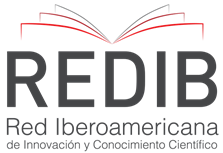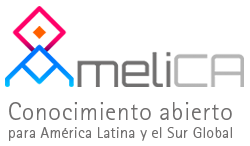Financial Accounting Culture and its Relationship with the RIMPE Regime
Keywords:
Financial accounting culture, tax compliance, IFRS, RIMPE, simplicity.Abstract
The objective of this research work was to determine the importance that companies and entrepreneurs subject to the RIMPE regime, natural persons obliged to keep accounts, establish parameters of a culture based on accounting and financial principles in the face of a problem framed in only tax compliance and not focusing on the different economic activities towards revealing the real financial position of each taxpayer, as a contribution to improving the financial culture of said interest group. The research design is descriptive, documentary, and field, with a quantitative and qualitative approach, through the deductive and inductive method. Through the documentary analysis, the lack of corporate compliance was evidenced in the presentation of financial and non-financial information before the Superintendence of Companies, Securities and Insurance for the year 2022 with 44% of non-compliance of the total companies cataloged in the RIMPE regime. Another aspect to consider is the dependence on detailed regulations such as the obligation for their financial statements to be evaluated by means of an external audit and the low culture of voluntary application of the reference framework applicable in Ecuador, such as the IFRS International Financial Reporting Standards; together with the increase in tax collection for this regime from 2021 to 2022 in the income tax that showed that tax simplicity promotes a tax and non-financial culture.
Downloads
Published
How to Cite
Issue
Section
License
Copyright (c) 2023 Christian Chiriboga Leon

This work is licensed under a Creative Commons Attribution-NonCommercial 4.0 International License.











